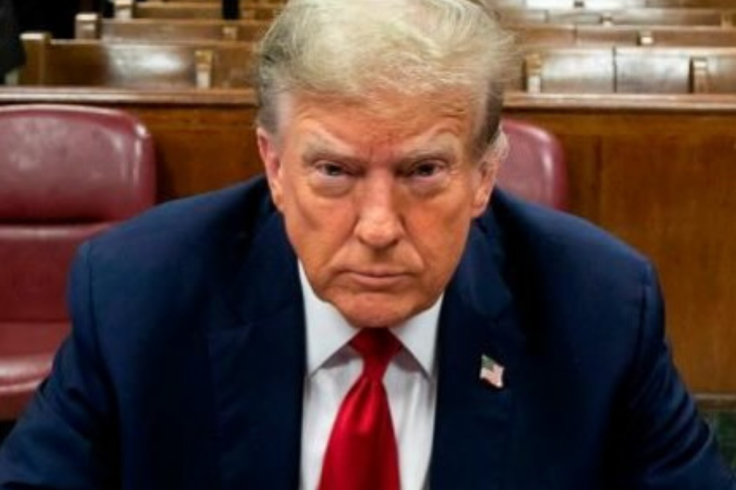
Vice President JD Vance's 27 August 2025 interview remarks on presidential readiness amid scrutiny of President Donald Trump's health ignited viral 'Trump death' rumours on social media, exemplifying 2025's escalating political misinformation trends that undermine US democratic trust and amplify fake news dangers.
JD Vance's USA Today interview on 27 August 2025, praised Trump 'But I feel very confident the president of the United States is in good shape' while affirming readiness for a 'terrible tragedy', prompting 'Trump is dead' to trend on X with over 158,000 posts by 30 August 2025.
Trump's absence from public view until his 30 August 2025 Virginia golf outing deepened speculation, despite White House confirmations of his fitness post chronic venous insufficiency diagnosis. An X post from @GBNEWS on 30 August stating 'We have heard Donald Trump is suffering from a chronic illness...' and questioning his whereabouts amplified the frenzy after no public appearances from 27 to 29 August.
'We have heard Donald Trump is suffering from a chronic illness...'
— GB News (@GBNEWS) August 30, 2025
The Times' Katy Balls discusses Donald Trump's health amid rumours about his absence from the public eye. pic.twitter.com/m8HM7VPj7p
This episode illustrates how political statements rapidly escalate into misinformation on platforms like X, where engagement trumps verification.
Misinformation's Grip on 2025 Social Media
Social media drove political misinformation in 2025, with 44% of 18- to 24-year-olds relying on it as their primary source of news, per the Reuters Institute Digital News Report 2025. Surveys across 48 markets showed 73% of Americans fretting over real versus fake content online, a rise from prior years.
Fake narratives, like election fraud, disseminated 71% faster than facts, according to Pew Research Center's 2025 analyses. @GBNEWS' 30 August X post tied Vance's words to health rumours, boosting thousands of engagements. Meanwhile, the World Economic Forum's Global Risks Report 2025 labelled misinformation the most significant short-term threat, noting AI-generated deepfakes had surged eightfold in voice variants.
Post-2024 election moderation cuts left partisan bubbles unchecked, distorting perceptions of events like Trump's golf outing, which debunked the rumours but failed to erase online doubt.
Fighting Falsehoods: 2025 Data and Policy Insights
Pew Research Center's 2025 data indicated 94% of US journalists deem fabricated news a major issue, with 71% rating it 'extremely big', spurring media literacy advocacy.
Reuters Institute noted a 4-point global rise in online fake concerns to 58%, with 62% of US adults believing misinformation sways political views. California's expanded 2025 media literacy law equipped schools, aiding 10% of teens in spotting TikTok deepfakes. The Brennan Center for Justice reported 96% of Americans seek false information curbs, though half share unverified posts, stressing platform accountability.
On 8 February 2025, the FCC prohibited AI voices in robocalls, slashing scam calls 20% per initial assessments. Organisations like Africa Check bolster fact-checking, yet education is crucial against misinformation's £1.2 billion ($1.84 billion) yearly US economic toll, per Brookings Institution estimates. 2025 trends affirm verified sources' role in restoring trust amid political unrest.
Social media algorithms intensified political turmoil by amplifying sensational content, transforming JD Vance's remarks into a viral 'Trump is dead' frenzy on X. These platforms, prioritising engagement over accuracy, rapidly spread unverified claims, sowing widespread confusion among users.
The trend deepened partisan divides, with communities clashing over baseless health rumours about Trump, further eroding trust in media. This unchecked digital chaos highlighted the urgent need for algorithm reforms to curb misinformation's dominance.
Enhanced platform accountability and public education on verifying online content are critical to restoring informed discourse and protecting democratic integrity in an era where viral falsehoods threaten societal cohesion.







